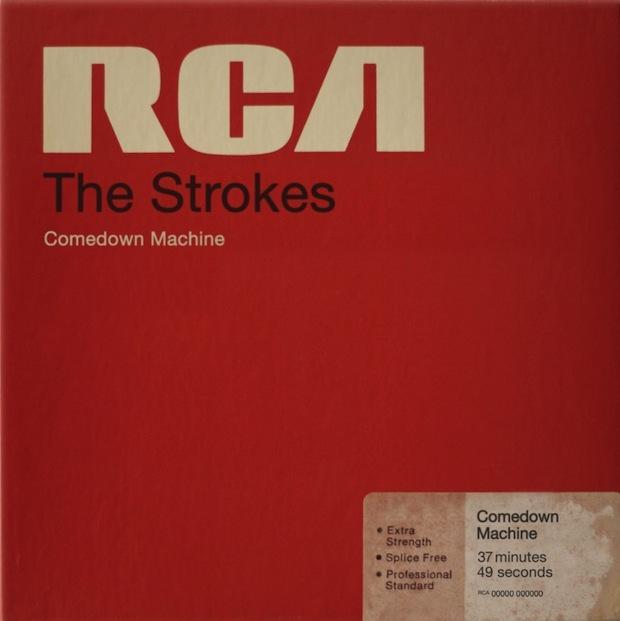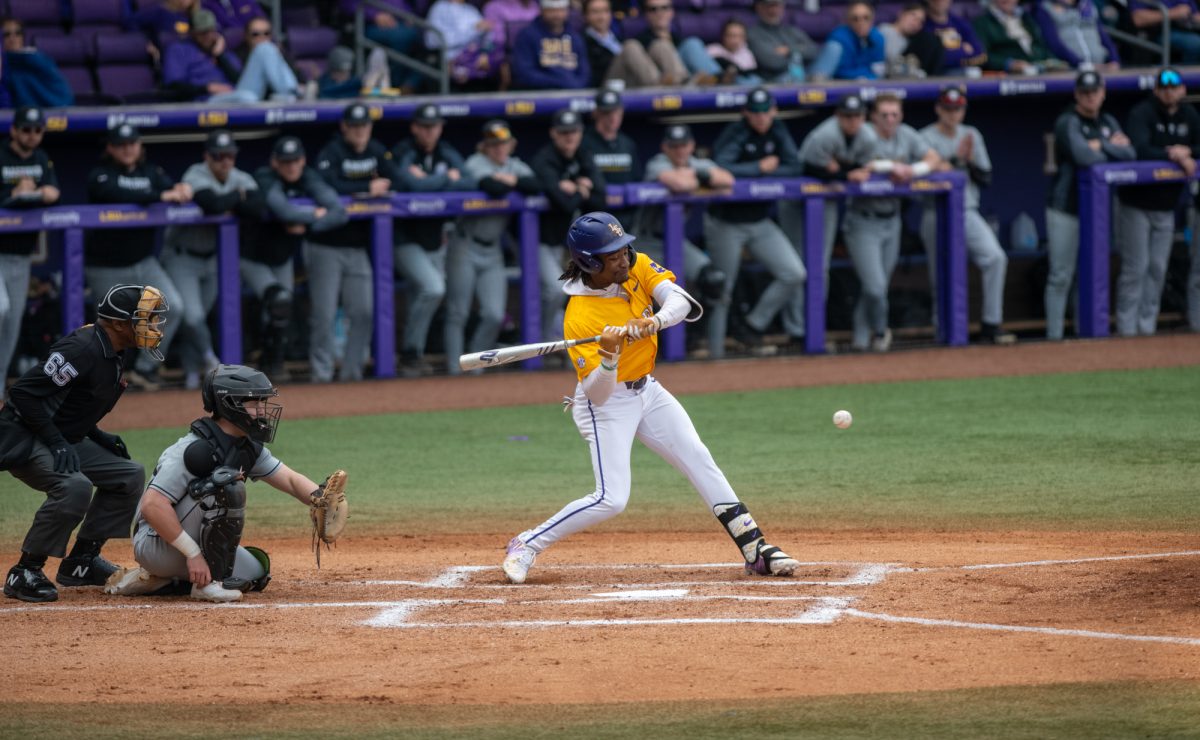The fab five have done it again — and just when most thought they were down for the count. On “Comedown Machine”, The Strokes effortlessly breathe new life into their sound and pull off a minor artistic rebirth.
The Strokes, best known for their first-out-the-gate debut, had serious trouble following their sophomore classic “Room on Fire” and fumbled on the subsequent two releases. On its last outing “Angles,” the band tried changing things up only to lose what made it so unique in the process. Here, the band remedies this problem by finding an ideal middle-ground between its recent new wave fixation and its signature garage rock sound. It’s a new look that hasn’t forgotten where it came from and seems to have shown up in the nick of time.
This new attitude is exemplified in lead vocalist Julian Casablancas’ vocals. By expanding its sound and experimenting with a wide range of influences, the band has opened up new possibilities for Casablancas’ signature croon, which now includes a disarmingly pretty falsetto register. One might wonder if Casablancas was holding out on his full range for just this moment, with the band in need of a serious kick in the pants.
His voice’s flexibility reveals a new-found confidence, and that’s saying a lot for a band that seemed to embody the essence of confidence on its earliest releases. This self-assurance permeates standout “One Way Trigger,” in which the band exercises the ghost of 1980’s nostalgia by way of a kinetic beat and a punchy keyboard progression, centered around Casablancas’ effervescent delivery.
Meanwhile, the songs “All the Time” and “50/50” hearken back to their “Room on Fire” sound but serve mostly as memorials to that era. Elsewhere, the band is content to experiment freely and unself-consciously, with a high rate of success.
On closer “Call it Fate, Call it Karma,” the band is imagined as a rag-time era group, with Casablancas croon unsurprisingly fitting right in. On “Chances,” the band enters pseudo-ballad territory, and delivers an incredibly sincere, deliciously cheesy send-up to the high-school dance anthems of yester-year.
And while the band often uses pop music of the 1980s as a jumping-off point, it never fails to put its own spin on it and land somewhere unique.
“80s Comedown Machine”, the longest song The Strokes have written at nearly 5 minutes, is a slow-burning dirge that features weary mellotron arpeggios that blossom into a intricately layered chorus that is as subtle as it is effective. By embracing a more tender sound on several of these tracks, the band actually comes off sounding cooler than it has in years — by virtue of being completely unafraid of sounding totally uncool.
This ease in execution allows the strongest aspects of The Strokes’ music — Casablanca’s songwriting and melodic/harmonic sensibilities — to flourish. And while it’s never revolutionary or game-changing in anyway, it’s almost always fun and effectual. Light-hearted, expertly-executed fun — isn’t that what pop music is all about?





